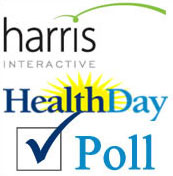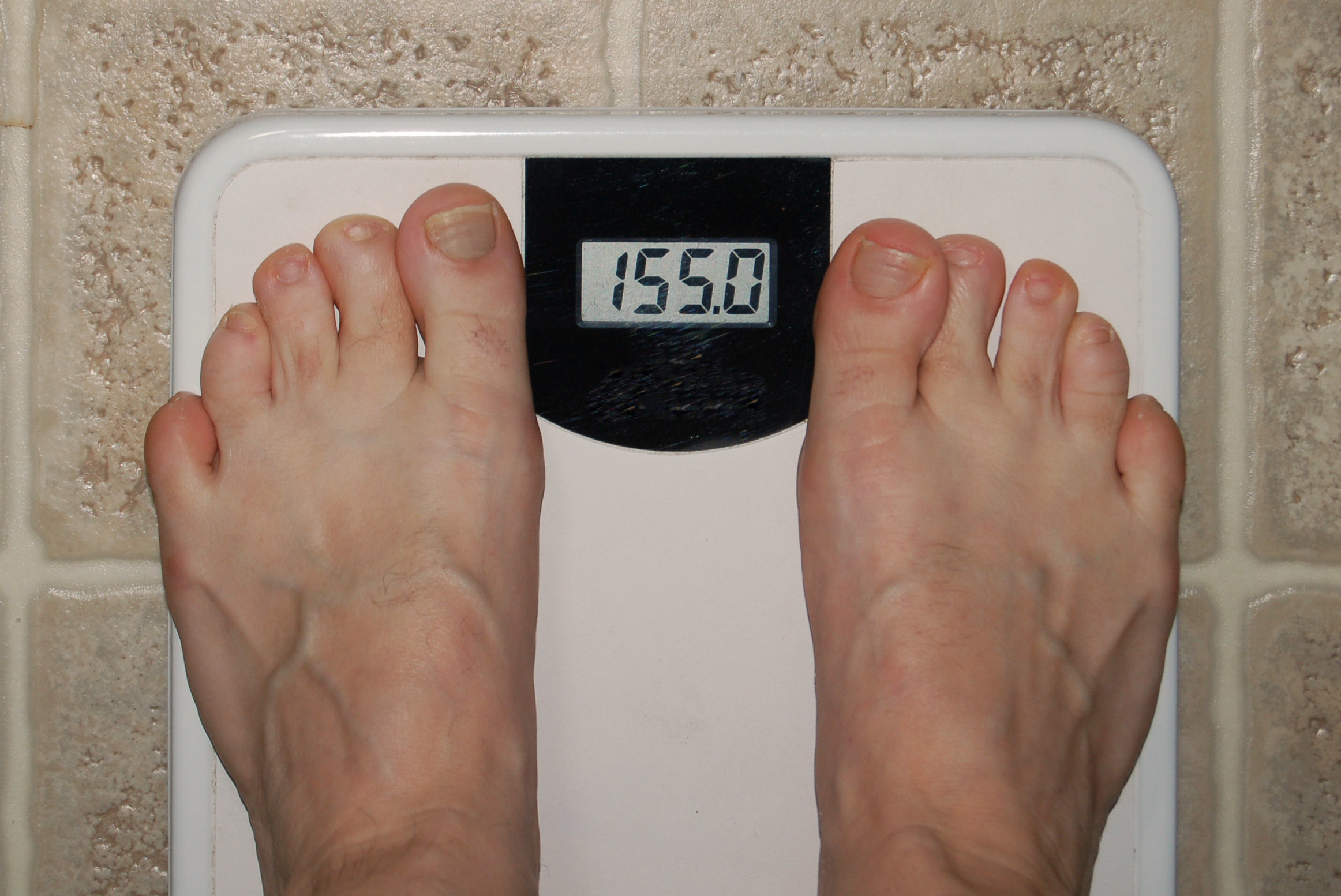
April 25 (HealthDay News) — Most U.S. adults aren’t sweet on the idea of soda and candy taxes, and many doubt the bigger price tags would trim the national waistline.
That’s the finding of a new Harris Interactive/HealthDay poll released Thursday. In the online survey of more than 2,100 adults, respondents were opposed to government taxes on sugary drinks and candy by a more than 2-to-1 margin.
Between 56 percent and 58 percent said no to such taxes, while only 21 to 23 percent were in favor.
“This is a strong vote against the ‘nanny state,'” said Humphrey Taylor, chairman of The Harris Poll.
“The idea of taxing calorie-rich candies and sodas may be popular with some public health advocates, who see them as major causes of the nation’s obesity epidemic, but it is very unpopular with the public,” Taylor said.
The poll results come at a time of rising debate over the potential health impact of taxing “junk food.” Many U.S. states do have sales taxes on soda, but they are small — and not aimed at driving down Americans’ thirst for sugary drinks, said Kelly Brownell, a professor of psychology at Yale University and co-founder of the school’s Rudd Center for Food Policy and Obesity.
“Sales taxes were intentionally kept small so they wouldn’t affect consumption,” said Brownell, a long-time advocate of a bigger tax that would make consumers think twice about that sugary drink.
For several years, Brownell and his colleagues have pushed for a penny-per-ounce excise tax on sweetened beverages (not just soda). That would ultimately boost the cost of sweet drinks by about 20 percent. And unlike sales taxes, which consumers do not see until they get to the cash register, excise taxes show up on the sticker price — when people are making the decision to buy or not.
In a 2011 study, Brownell’s team estimated that a national penny-per-ounce tax would cut Americans’ sugary drink intake by one-quarter. The researchers also projected that the tax could generate $79 billion in revenue over five years.
A number of states and local governments have proposed such a tax, but they’ve gone nowhere.
The proposals have popped up in states like Vermont and Texas, big cities like New York and Philadelphia, and in smaller communities. Last year, voters in two California cities, Richmond and El Monte, rejected ballot initiatives that would have levied sugary-drink taxes.
The respondents in the Harris Interactive/HealthDay poll echoed those voters. Besides disliking the taxes, many doubted the potential health benefits — 51 percent disagreed with the statement, “Sales taxes on candies and sodas would help to reduce obesity.” Only 26 percent agreed.
A bigger percentage seemed to have a philosophical opposition to such taxes: Two-thirds agreed with the statement, “It should not be the role of government to influence what we eat and drink to make healthier choices.”
Justin Wilson, senior research analyst for the Center for Consumer Freedom (CCF), argued that “people prefer incentives to penalties.”
The Washington, D.C.-based CCF opposes soda taxes and other “sin” taxes, saying there’s no evidence they would actually help curb the U.S. obesity problem — and that no single food can be pinpointed as a cause of obesity. The group gets funding from the food industry and “individual consumers,” according to its website.
Wilson said government “incentives” could include building more sidewalks and “green spaces” so that Americans, especially kids, can get outside and exercise.
“Creating more green spaces is a perfect role for government,” he said.
Wilson was also skeptical that any funds from a soda tax would go to obesity prevention or similar health programs, as advocates like Brownell would like. “The idea that the money would be earmarked like that is ridiculous, because that’s not how government works,” Wilson said.
Lisa Powell, a professor of health policy and administration at the University of Illinois at Chicago School of Public Health, said there’s “robust” evidence that higher prices on sugary drinks mean less consumption.
In a recent research review, Powell and her colleagues found that a 20 percent price hike — roughly equivalent to the penny-per-ounce tax proposal — correlated with a 24 percent decline in people’s sugary drink intake, on average.
“Where I think more research is needed is on the net effect on body weight,” Powell said. If people replace their sweet-drink calories with other, non-taxed drinks or food, then there could be little, if any, effect on weight.
Powell and Brownell both stressed that no single measure is the answer to the nation’s obesity problem. Powell said it’s also important to make healthy choices easier — through, for example, subsidies that help low-income Americans buy fresh fruits and vegetables, and ensuring all households have clean, palatable tap water.
As for the idea that government shouldn’t interfere with people’s diets, Powell noted that the food industry uses ads to sway consumers — and that kids are particularly vulnerable to that. “It would be interesting to ask parents, ‘Should food companies be allowed to influence what your children eat and drink?’ and see how they respond,” Powell said.
The Harris Interactive/HealthDay poll was conducted online within the United States between March 28 and April 1, 2013, and it included 2,132 adults aged 18 and over surveyed by Harris Interactive. Figures for age, sex, race/ethnicity, education, region and household income were weighted where necessary to bring them into line with their actual proportions in the population. Propensity score weighting was used to adjust for respondents’ propensity to be online.
More information
Learn more about sugary drinks and health from the Harvard School of Public Health.

